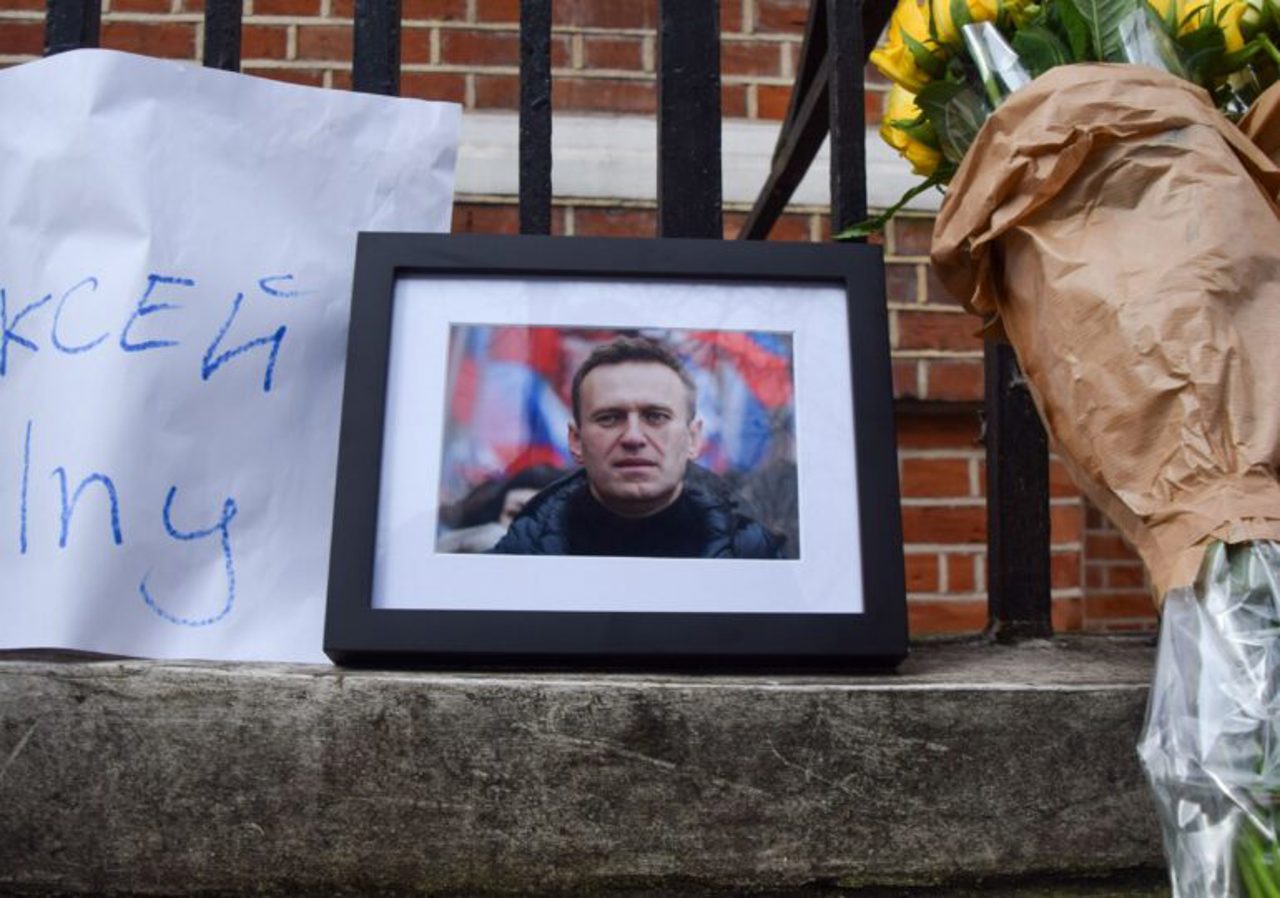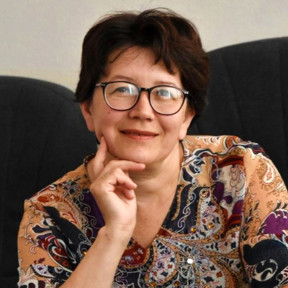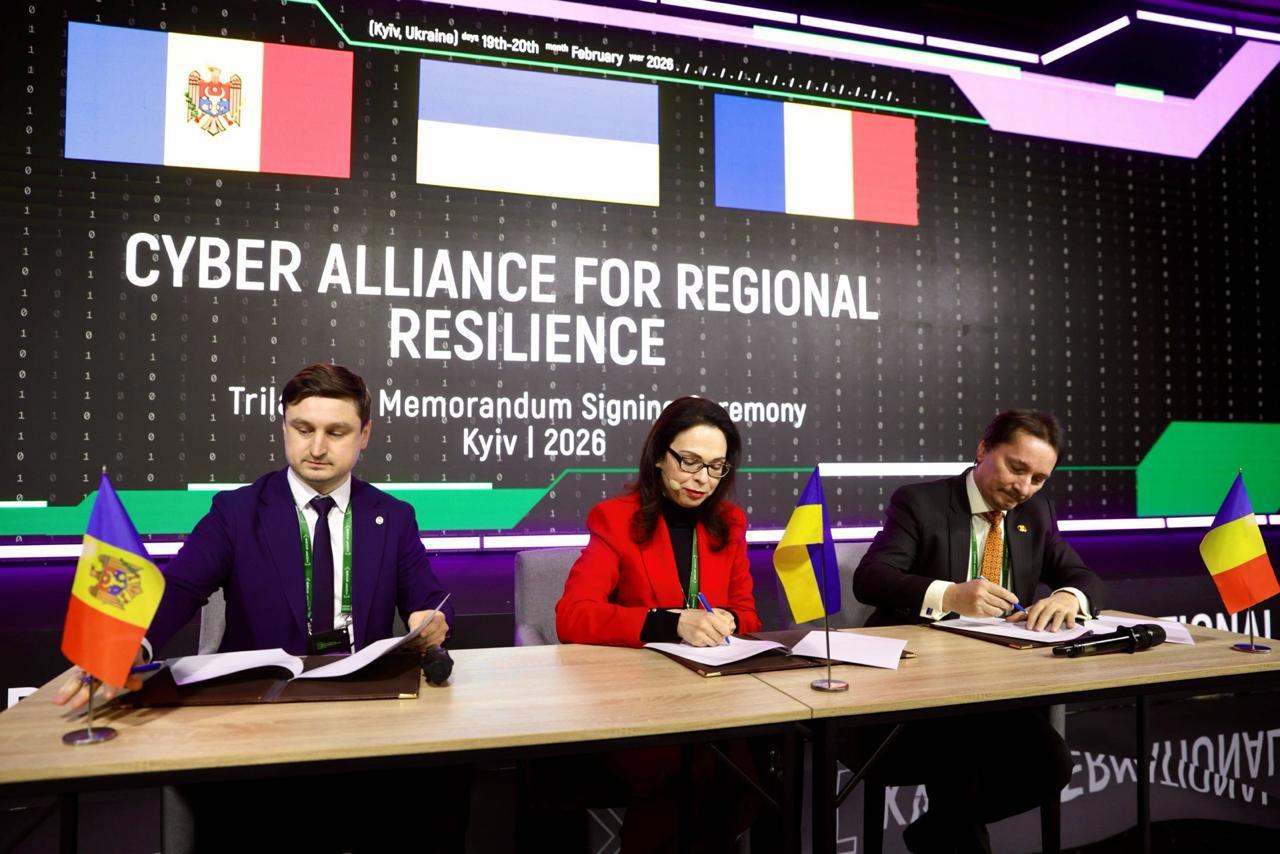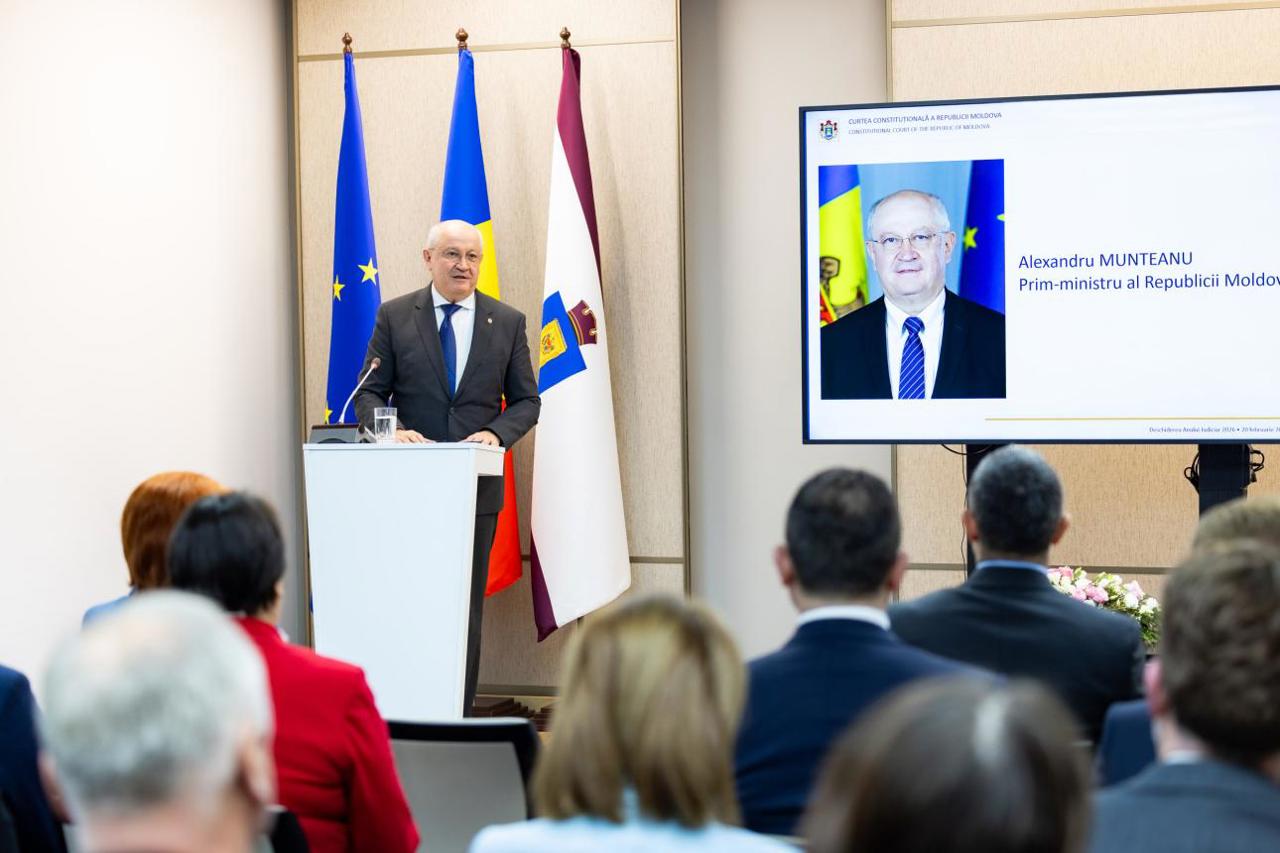Navalny's Death: Kremlin's Decision Long Ago
The decision to liquidate Russian opposition figure Alexei Navalny was made long ago by the Kremlin authorities, Romanian expert Mihai Isac told Radio Moldova.

He also said that Navalny's death will not affect the stability of Vladimir Putin's regime, but it will stimulate the exodus of citizens in opposition to the authoritarian regime.
"The decision to liquidate Navalny was made long ago. The fact that Navalny died at this time is just a minor problem for Putin. It is inconvenient that he died before the presidential election with a foregone conclusion. It is true that it was also a tactical mistake on the part of Navalny's camp to allow him to return to the Russian Federation, but unfortunately, that remains a reality. At this time, in the Russian Federation, not even a single important opposition leader can be considered safe. This is a clear signal to the new generation not to try to overthrow the old order, and we can expect a new purge of the opposition in the Russian Federation, with many people leaving the Russian Federation after this event."
Alexei Navalny, 47, was considered Vladimir Putin's most prominent critic. He reportedly died in an Arctic Circle prison where he was serving a 19-year sentence on politically motivated charges. His death came a month before the March 17 elections in Russia, when Vladimir Putin is seeking a fifth term as president.
In 2011-2012, Alexei Navalny was at the epicentre of the protests in Russia against the Kremlin regime and was the main organiser of campaigns against electoral fraud and Russian government corruption.
Alexei Navalny ended up in the Siberian colony after returning to the Russian Federation in 2021, shortly after being poisoned with Novichok and treated in Germany.
The Kremlin opponent called the charges against him politically motivated. He continued to criticise the Putin regime from prison, and recently sent a message from there urging his compatriots to take to the streets during the March presidential election, which would allow Vladimir Putin to remain in power until at least 2030.
Translation by Iurie Tataru





